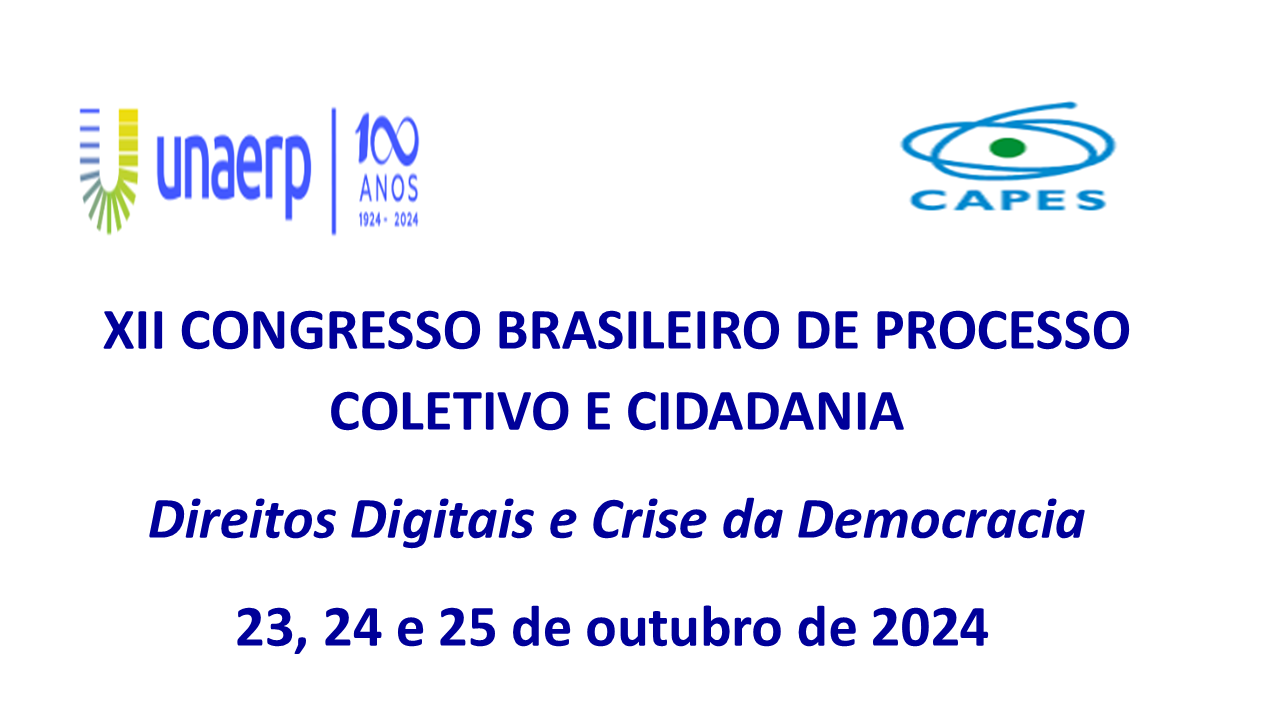AS FACES DA INTERNAÇÃO: PENA OU MEDIDA SOCIOEDUCATIVA?
Abstract
This article is a Literature Review aimed at exploring the impact of juvenile detention measures by analyzing the social and psychological implications of this process, the conditions in Rehabilitation Centers, and the relationship between deprivation of liberty and the effectiveness of socio-educational measures. The theoretical and methodological framework was based on the principles of socio-educational care and children’s rights. The research corpus comprised publications from the National System for Socio-Educational Services (SINASE) and the Child and Adolescent Statute (ECA). Throughout the study, it was identified that, although juvenile detention aims to be socio-educational, it often constitutes a form of punishment that violates fundamental rights and undermines the rehabilitation process. Based on the analysis of the reviewed works, the conclusion is that juvenile detention should be replaced with socio-educational alternatives. To achieve this, further research is needed to explore innovative and effective strategies for the social reintegration of adolescents, ensuring their rights are respected and fostering an environment conducive to their holistic development. Such research may provide the foundation for building more equitable and effective public policies, contributing to the reduction of juvenile crime and the promotion of a more inclusive and just society.
Downloads
Published
How to Cite
Issue
Section
License
Copyright (c) 2024 Anais do Congresso Brasileiro de Processo Coletivo e Cidadania

This work is licensed under a Creative Commons Attribution-NonCommercial-NoDerivatives 4.0 International License.
